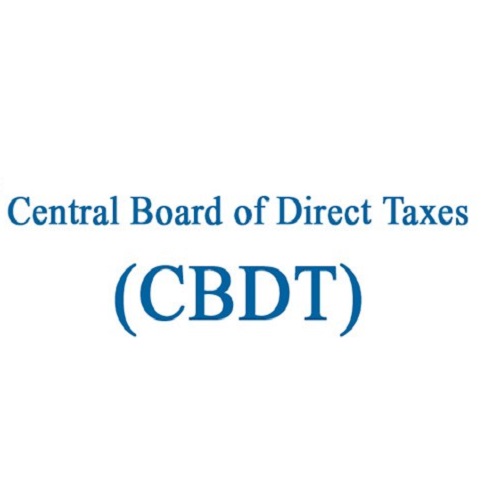The Central Board of Direct Taxes (CBDT) has announced an extension for filing Income Tax Returns (ITR) for the assessment year 2024-25, as confirmed by the Ministry of Finance in an official statement on Saturday.
According to the new notification from CBDT, issued under section 119 of the Income-tax Act, 1961, the revised deadline for corporate taxpayers is now November 15, 2024, an extension from the previous date of October 31.
This decision affects those assessees outlined in clause (a) of Explanation 2 to sub-section (1) of Section 139, which pertains to specific categories of taxpayers required to submit audit reports for the assessment year.
The CBDT’s move follows its earlier decision to extend the deadline for filing audit reports, which was postponed from September 30 to October 7 this year.
The circular indicates that the extension for audit report submissions was made in response to challenges faced by taxpayers and stakeholders in completing their electronic filings.
Many individuals and organizations had reported difficulties in meeting the initial deadline for submitting audit reports as mandated by the Income Tax Act, 1961.
This extension allows these taxpayers more time to fulfill their electronic filing requirements, ensuring they can comply with regulations without undue stress or penalties.
The CBDT, part of the Department of Revenue in the Ministry of Finance, plays a dual role: it contributes to policy formulation and planning for direct taxes in India while also overseeing the administration of direct tax laws through the Income Tax Department.
Recently, the CBDT established an internal committee tasked with conducting a thorough review of the Income-tax Act, 1961, a move highlighted by Finance Minister Nirmala Sitharaman in the Union Budget for 2024-25.
The objective is to streamline the Act, making it more concise and comprehensible, which is expected to reduce disputes and litigation while enhancing tax certainty for taxpayers.
The committee is seeking public input and suggestions across four areas: simplifying language, reducing litigation, minimizing compliance burdens, and identifying redundant or obsolete provisions.
















